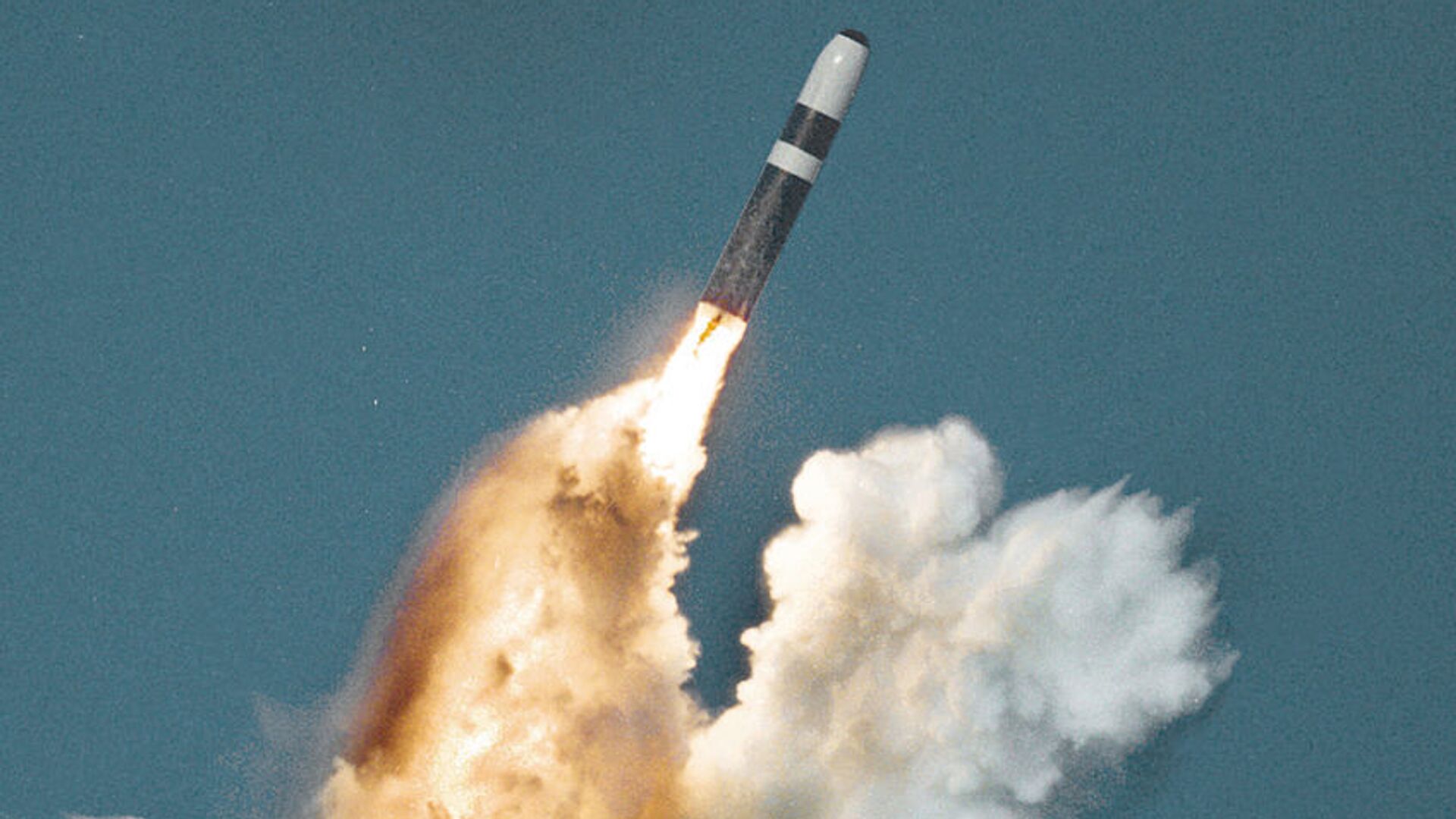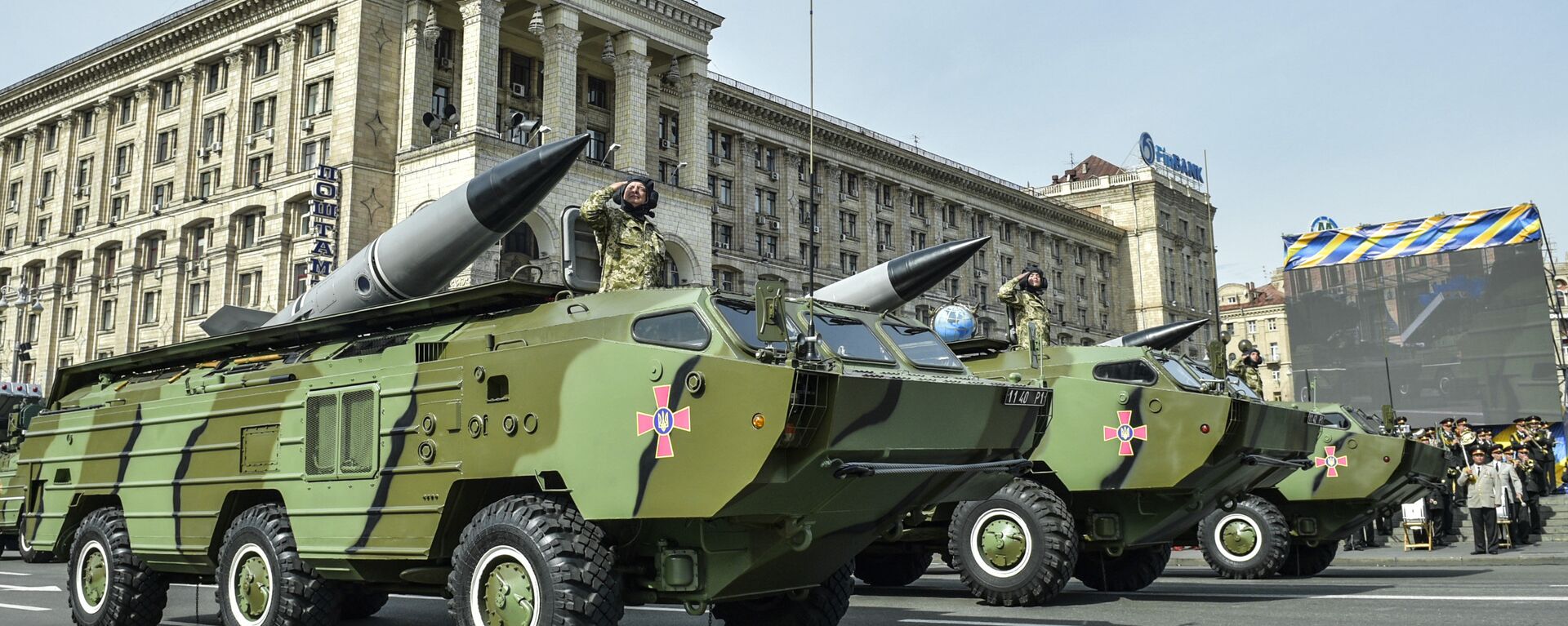https://sputnikglobe.com/20220322/biden-wont-pressure-brussels-to-reject-russian-energy-during-upcoming-euro-trip-white-house-says-1094095033.html
US Will Consult With Allies 'Contingency' of Nuclear Weapons Use, National Security Adviser Says
US Will Consult With Allies 'Contingency' of Nuclear Weapons Use, National Security Adviser Says
Sputnik International
The president will travel to Europe on Wednesday for meetings of the European Council and NATO on Thursday. From there, he is expected to head to Poland on... 22.03.2022, Sputnik International
2022-03-22T18:02+0000
2022-03-22T18:02+0000
2022-03-22T19:18+0000
joe biden
https://cdn1.img.sputnikglobe.com/img/107840/39/1078403908_0:273:848:750_1920x0_80_0_0_03163539b98e6ec39e6fb2fb5aab387d.jpg
The White House will discuss the potential use of nuclear weapons with allies and partners in the context of the crisis in Ukraine, National Security Adviser Jake Sullivan has said.Putin ordered Russia's nuclear forces to be placed on heightened alert late last month, citing "aggressive statements" by British Foreign Secretary Liz Truss about possible NATO involvement in the Ukraine crisis. On 1 March, Russian Foreign Minister Sergei Lavrov called on the US to remove its nuclear weapons from Europe and dismantle associated infrastructure.Commenting on Biden's upcoming Europe trip, Sullivan said the president won't be seeking to pressure Washington's allies to immediately ban Russian energy supplies, but that he does plan to announce a "joint response" aimed at reducing Europe's dependence on Moscow.The US and its allies will also "have the opportunity to coordinate on the next phase of military assistance to Ukraine," and will be imposing "further sanctions on Russia, and tightening the existing sanctions to crack down on evasion and ensure robust enforcement," he added.Commenting on Biden's announcement earlier this month on the near total ban on Russian energy imports into the US, Sullivan said the president has made clear that he was "not going to pressure" allies to follow suit. "From his perspective, what we have achieved with our European partners in terms of financial sanctions, export controls and other measures to hit the Russian economy hard have had unprecedented impact on a large economy on a scale we have never seen before."Russia launched a military operation in Ukraine on 24 February which Putin said was aimed at "demilitarising" the country and ridding it of the outsized influence of neo-Nazi elements in the government and armed forces. The operation was started after a request for assistance from the Donbass republics, which faced weeks of escalated shelling, sabotage and sniper attacks by the Ukrainian military before being formally recognized as independent states by Russia on 21 February. In March, the Russian Ministry of Defence began presenting evidence of suspected Ukrainian plans to launch a full-scale offensive in the Donbass, and reporting on the presence of a network of Pentagon-funded biological laboratories in the country which US officials and media first denied but later confirmed existed.
https://sputnikglobe.com/20220316/putin-pro-nazi-regime-in-kiev-could-get-nuclear-weapons-in-foreseeable-future-to-target-russia-1093929815.html
https://sputnikglobe.com/20220322/biden-cant-do-much-to-help-europe-with-unrealistic-push-away-from-russian-energy-supplies-report-1094091598.html
Sputnik International
feedback@sputniknews.com
+74956456601
MIA „Rossiya Segodnya“
2022
News
en_EN
Sputnik International
feedback@sputniknews.com
+74956456601
MIA „Rossiya Segodnya“
Sputnik International
feedback@sputniknews.com
+74956456601
MIA „Rossiya Segodnya“
joe biden
US Will Consult With Allies 'Contingency' of Nuclear Weapons Use, National Security Adviser Says
18:02 GMT 22.03.2022 (Updated: 19:18 GMT 22.03.2022) The president will travel to Europe on Wednesday for meetings of the European Council and NATO on Thursday. From there, he is expected to head to Poland on Friday to discuss the Ukraine crisis.
The White House will discuss the potential use of nuclear weapons with allies and partners in the context of the crisis in Ukraine, National Security Adviser Jake Sullivan has said.
"President Putin in the early days of the conflict actually raised the spectre of the potential use of nuclear weapons. It is something that we do have to be concerned about. Based on our current analysis we have not changed our nuclear posture to date. But we are constantly monitoring for that potential contingency and of course we take it as seriously as one can possibly take it. We will be consulting with allies and partners on that potential contingency among a range of others and discussing what our potential responses are," Sullivan said in a briefing in Washington on Tuesday.
Putin
ordered Russia's nuclear forces to be placed on heightened alert late last month, citing "aggressive statements" by British Foreign Secretary Liz Truss about possible NATO involvement in the Ukraine crisis. On 1 March, Russian Foreign Minister Sergei Lavrov
called on the US to remove its nuclear weapons from Europe and dismantle associated infrastructure.
Commenting on Biden's upcoming Europe trip, Sullivan said the president won't be seeking to pressure Washington's allies to immediately ban Russian energy supplies, but that he does plan to announce a "joint response" aimed at reducing Europe's dependence on Moscow.
"He will work with allies on longer-term adjustments to NATO force posture on the eastern flank. He will announce joint action on enhancing European energy security and reducing Europe's dependence on Russian gas at long last," Sullivan said.
The US and its allies will also "have the opportunity to coordinate on the next phase of military assistance to Ukraine," and will be imposing "further sanctions on Russia, and tightening the existing sanctions to crack down on evasion and ensure robust enforcement," he added.
Commenting on Biden's announcement earlier this month on the near total ban on Russian energy imports into the US, Sullivan said the president has made clear that he was "not going to pressure" allies to follow suit. "From his perspective, what we have achieved with our European partners in terms of financial sanctions, export controls and other measures to hit the Russian economy hard have had unprecedented impact on a large economy on a scale we have never seen before."
Russia launched a military operation in Ukraine on 24 February which Putin said was aimed at "demilitarising" the country and ridding it of the outsized influence of neo-Nazi elements in the government and armed forces. The operation was started after a request for assistance from the Donbass republics, which faced weeks of escalated shelling, sabotage and sniper attacks by the Ukrainian military before being formally recognized as independent states by Russia on 21 February. In March, the Russian Ministry of Defence began presenting evidence of
suspected Ukrainian plans to launch a full-scale offensive in the Donbass, and reporting on the presence of a network of Pentagon-funded biological laboratories in the country which US officials and media first denied but later
confirmed existed.



